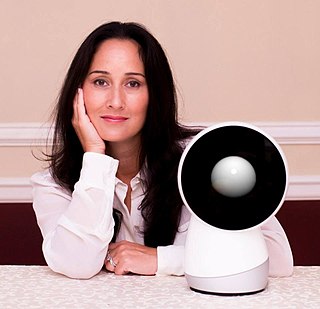A Quote by Grant Imahara
The general public perception is that fighting robots were popular, and then went away for a long time, but in reality, there have been live robot combat events happening continuously since 1994. And all the while, the robots have been getting better and meaner and tougher.
Related Quotes
Robots are important also. If I don my pure-scientist hat, I would say just send robots; I'll stay down here and get the data. But nobody's ever given a parade for a robot. Nobody's ever named a high school after a robot. So when I don my public-educator hat, I have to recognize the elements of exploration that excite people. It's not only the discoveries and the beautiful photos that come down from the heavens; it's the vicarious participation in discovery itself.
A new study says by 2030 household robots will dominate every phase of our lives. The study says the No. 1 field for robot growth is medicine. That makes sense. Robots already perform well in surgery. That is, until there is a power outage. Then it's just a coat rack leaning over you as you bleed to death.































